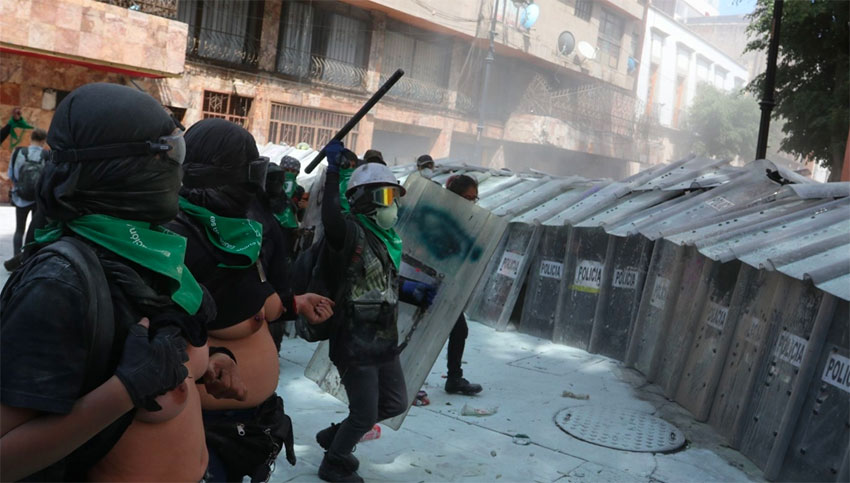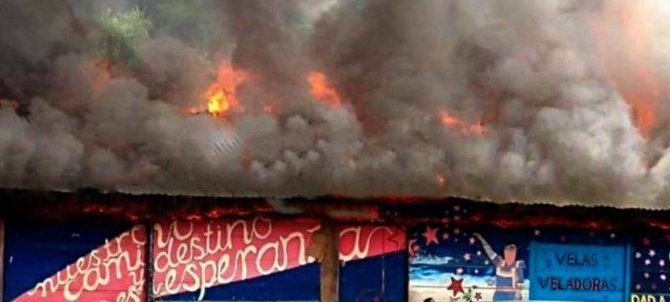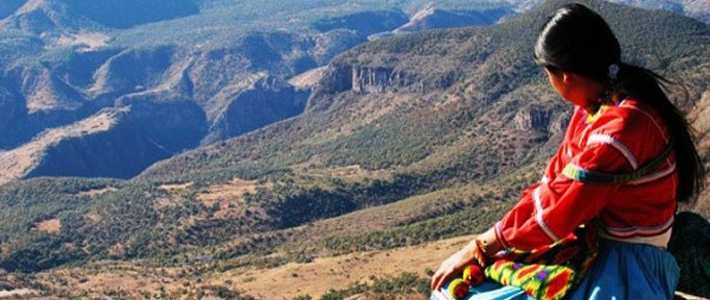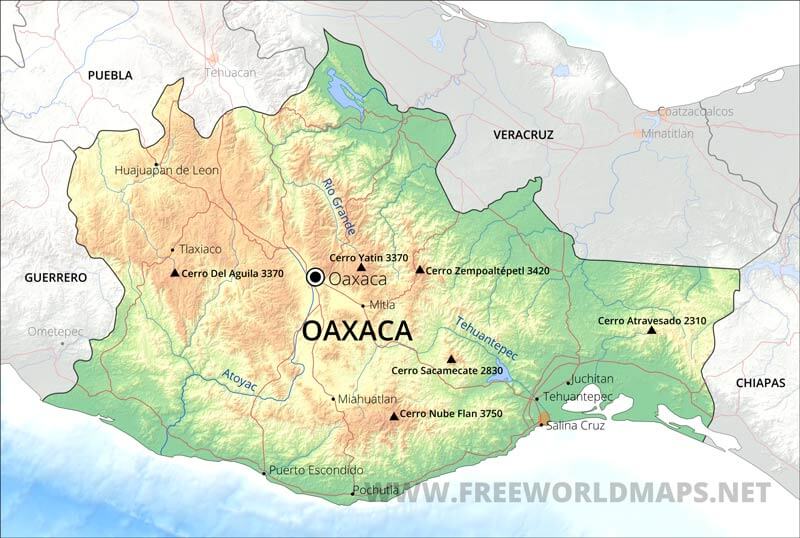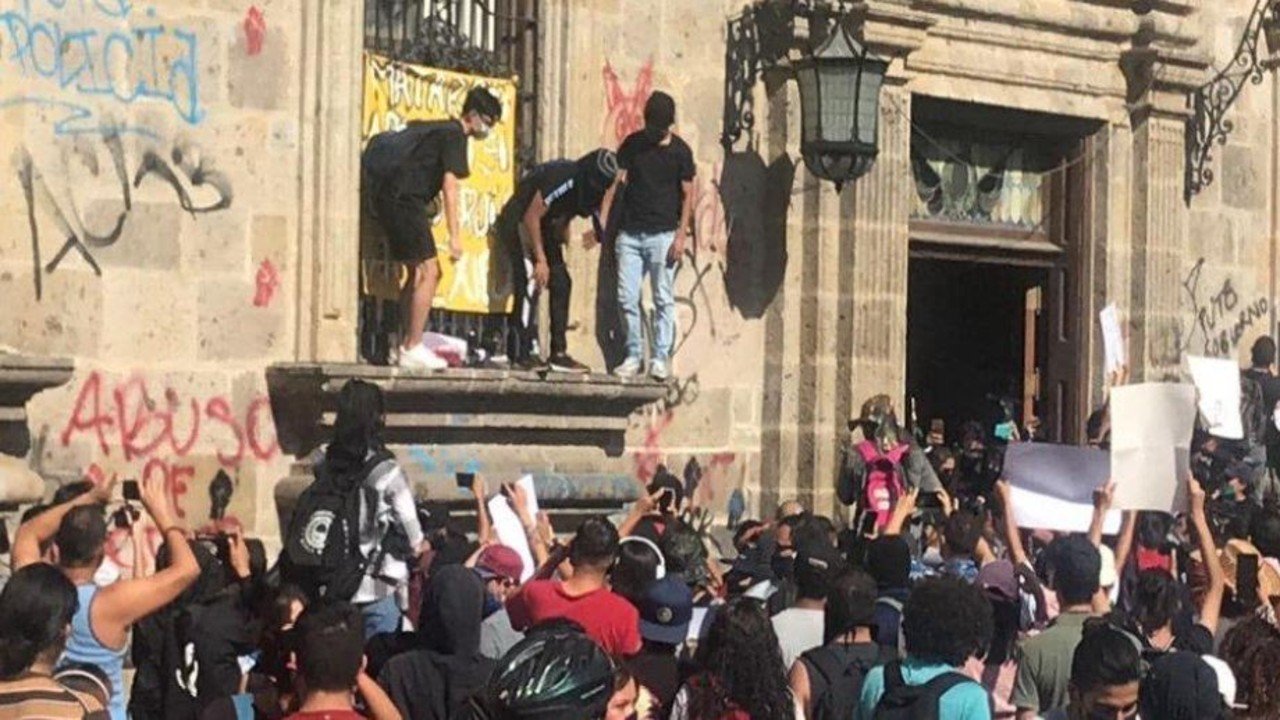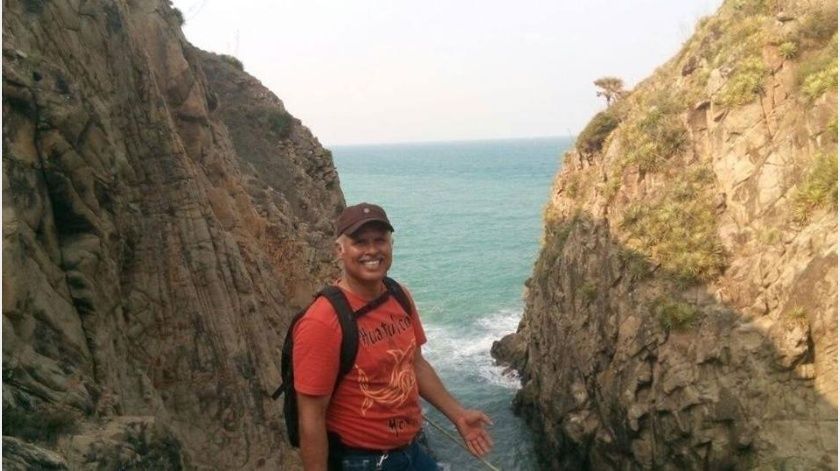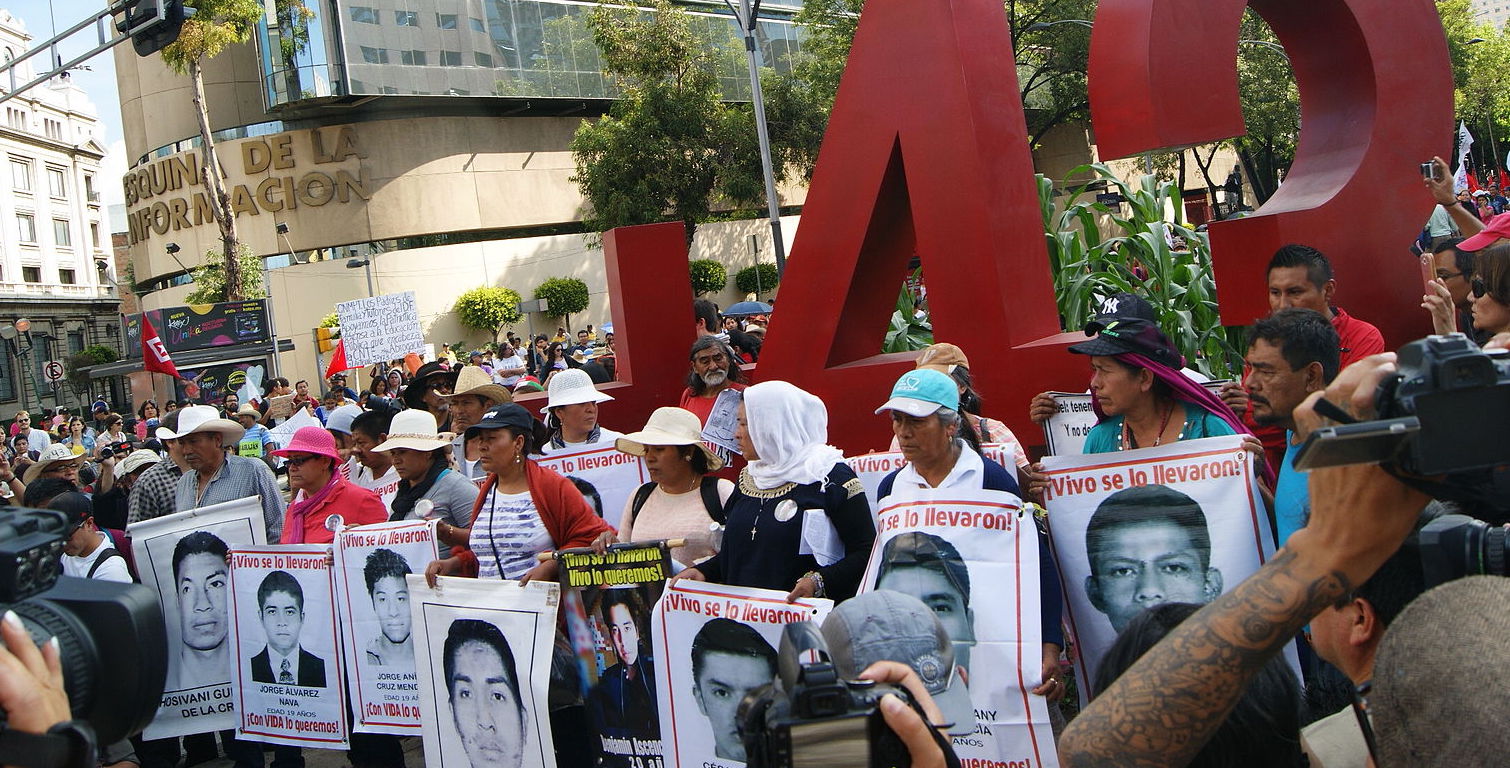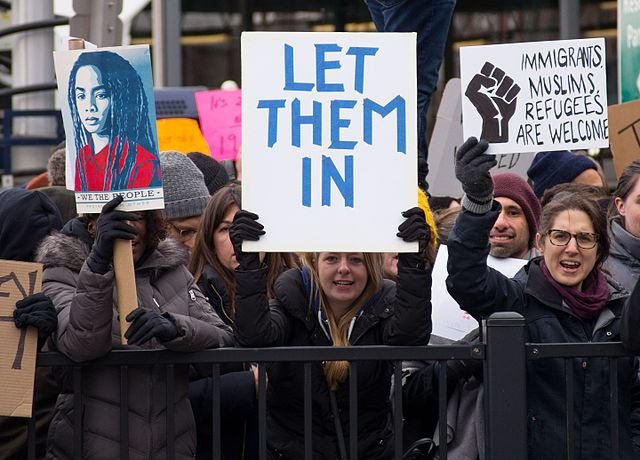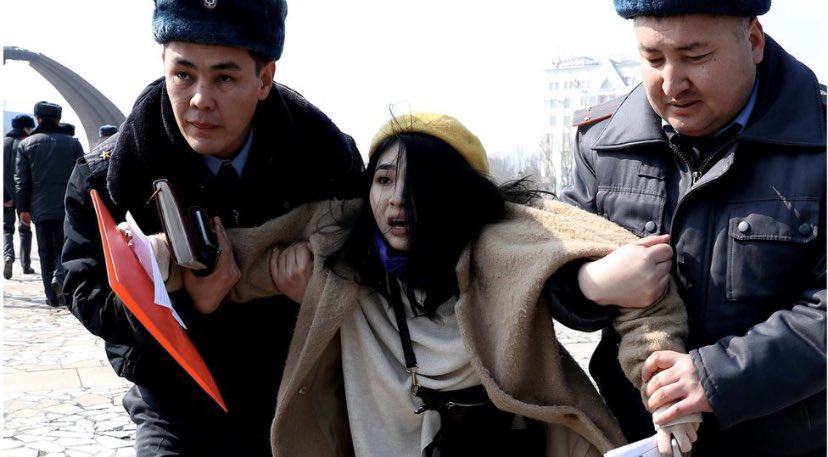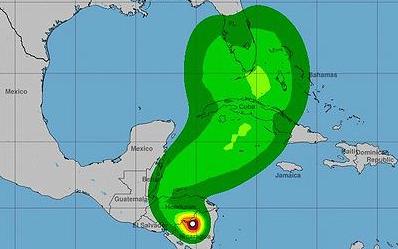
Villagers abandoned in Eta’s deadly aftermath
Some 150 are dead, with remote indigenous and campesino communities left stricken and without aid, a week after Hurricane Eta tore through Central America. Eta made landfall south of Puerto Cabezas, Nicaragua, as a Category 4 storm. Two güiriseros, or artisanal gold-miners, were among the first killed, as a landslide inundated the mining camp of Tigre Norte in Bonanza municipality of Nicargua’s North Caribbean Coast Autonomous Region. Far worse was follow in Guatemala, where officials have called off the search for dozens believed to have been buried when a mountainside collapsed, engulfing the hamlet of Queja. Ovidio Choc, mayor of San Cristobal Verapaz municipality, said the site of Queja will probably be declared a cemetery. Elsewhere in Guatemala’s Maya Highlands, villagers have had to mobilize their own rescue and recovery efforts, effectively abandoned by the government. (Map: National Hurricane Center)




